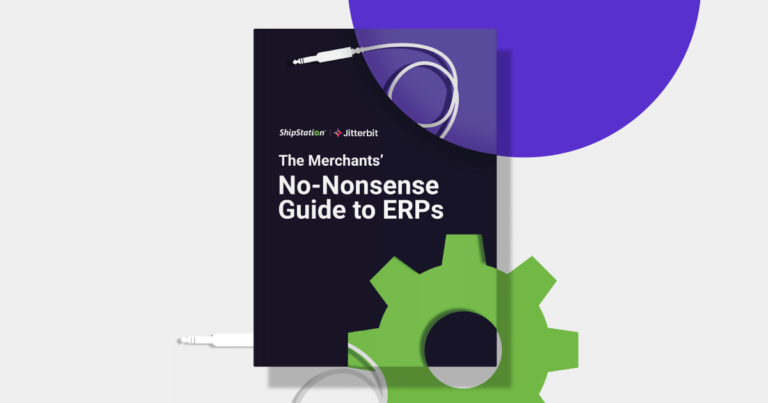Managing Your Privacy as a Business Owner

As a business owner, you want to tell the world about your products and services using every possible communications channel: direct mail, email, social media, advertising, you name it. But you probably don’t want to give out too much personal information about yourself, your kids, or even the family pets! You should also decide just how much information to share, especially if you work from a home office and want to either protect your home address or project the image of a bigger company.
Whatever the reason, it’s important to think about managing your privacy while promoting your business. Here are five suggestions:
Use a P.O. Box or mailbox.
Both the U.S. Postal Service and United Parcel Service (UPS) allow you to rent mailboxes at their local facilities. This allows you to send letters & invoices and receive payments from customers without revealing the physical location of your business. Be sure that your stationery, business cards, invoices, statements, packing slips, and shipping labels have the mailbox location, rather than your physical address.
The downside is that you will have to make regular trips to pick up your mail—but that can be a nice change of pace from your daily routine. However, if you’re in a regulated industry like healthcare or food products, you may need to disclose your actual address, rather than a post office box. Additionally, if your business involves sending or receiving large packages, you may need to find another, more convenient solution.
Share a workspace or rent an executive office suite.
Rather than pay for your own office space—including the rent, furnishings, and monthly bills—you can share an office with a friend, a colleague, or anyone else who has an empty desk available. Maybe you can bring in the coffee, buy lunch once a week, or redecorate the cubicle in lieu of paying rent. Just be sure it’s okay to use that address for your business with both the appropriate laws that may govern your industry, as well as with whom you’re sharing the space.
Another option is to use an executive office suite as your business address. It’s more expensive than a post office box, but it gives you both a mailing address and a physical office where you can meet clients in a comfortable and safe business setting, without having to spend all your time on the premises.
Protect your online information.
Did you know that when you register a new domain name for a website your personal information is automatically entered into a public “WhoIs” directory? All it takes is a simple search to find out just what information (name, address, etc.) a domain was registered under. Fortunately, many web-hosting companies offer privacy options designed to keep your personal information hidden from sight. This may cost a little extra—typically less than $10 per domain—but it can definitely be worth it.
Understand what to share on social media.
If you run a bicycle shop, posting the details of your daily rides on Facebook might be part of your marketing strategy. It adds a personal touch that can lead to more business. But if you’re an accountant or attorney, then you probably want to build a very professional social media presence. There’s no “one-size-fits-all” solution, so think about what approach might work for you and your business. In any case, remember to guard your personal security. For instance, don’t post your upcoming travel plans on Facebook or LinkedIn, since you don’t want everyone to know that your office (or home) might be vacant.
Use your common sense.
Does your business involve valuable products, such as jewelry, artworks or expensive equipment? If so, don’t let the world know that you just received a new shipment until those goods are in a secure location. Are you a veteran or do you operate a woman-owned or minority-owned company? Promote that whenever you can, because it may lead to new contracts. Are you temporarily out of commission with a medical problem? There’s no reason to let prospective customers know about your condition, because they might turn to another supplier. In other words, use your common sense when marketing your business.
The bottom line: Regardless of your individual circumstances, you should consider taking steps to protect your personal privacy so you can focus your energy on building and running a successful business.


